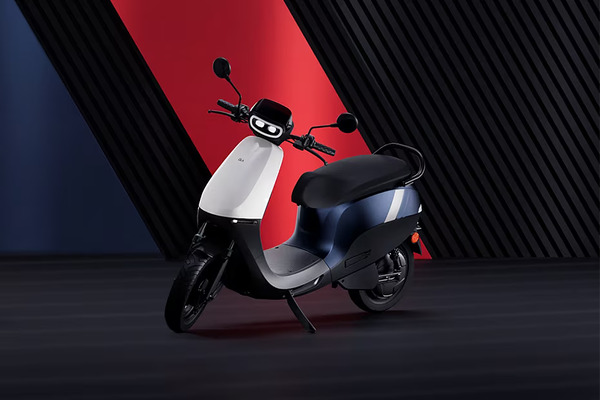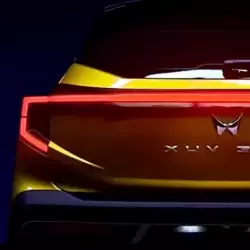Uber, Ola, Rapido bike taxis can ply in Delhi again, govt approves new policy


Bike taxi operators in Delhi breathed easy after the state government approved its new cab aggregator policy on Wednesday, May 10. In a relief, the Delhi government has allowed phasewise transition of cab operators' fleet into electric vehicles besides other guidelines which include mandatory safety features for passengers as well. The decision comes after two months after calls to ban bike taxi operators unless they converted their fleet into electric.
Among the changes in Delhi's cab aggregator policy includes mandatory panic buttons in four-wheeled cabs and integration with emergency number 112 among others. Arvind Kejriwal, Chief Minister of Delhi, approved the policy on Wednesday. It now awaits approval from Lieutenant Governor VK Saxena after which the transport department will seek public feedback before implementing it officially. "This scheme prioritises the safety of passengers and ensures timely grievance redressal, while also promoting the use of electric vehicles and reducing pollution levels in the city," Kejriwal said.
Also check these Bikes
The new cab aggregator policy clearly shows the two key focus areas from the government perspective. The first is electrification of public transport system. Delhi currently has one of the largest fleet of electric buses. The city, which often encounters heavy pollution, will now have a new cab aggregator policy that aims to expand electrification further in cars and two-wheelers plying as cabs. Kejriwal said this transition will help to reduce pollution levels in Delhi and create new job opportunities.
The second key focus area of the policy is the safety of passengers. The mandatory installation of panic buttons and integration with Delhi Police's emergency number 112 will add to confidence of commuters, especially women. Delhi has often been in news for cases of rape and molestation of female passengers in cabs and three-wheelers. These features are likely to work as a deterrent.
The new policy also promises to offer process to address consumer grievance redressal by service providers in a timely fashion. It also will ensure enforcement of vehicle fitness, pollution control, validity of permits and driver remedial training. "The scheme will also mark a historic first for the nation where a state government will be introducing a mandatory transition of commercial vehicles from conventional vehicles to electric vehicles. The scheme provides for phased mandates for fleet operators to transition their fleets from conventional vehicles to electric," a statement issued by the Delhi government said.
The policy has outlined that all bike taxis will need to be electric, in line with the Delhi EV Policy 2020. The policy also outlines how the phasewise transition of cabs to electric fleet will take place. It proposes five per cent of the new cabs to be electric within the first six months after the policy is implemented. The process of electrification of the entire fleet is estimated to take place in the next four years. After five years, all new commercial four-wheelers will be EVs.







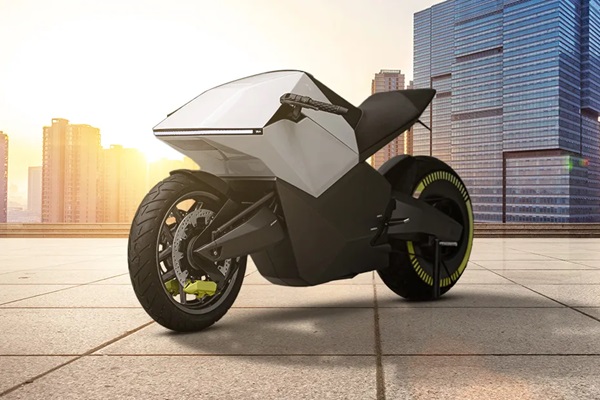
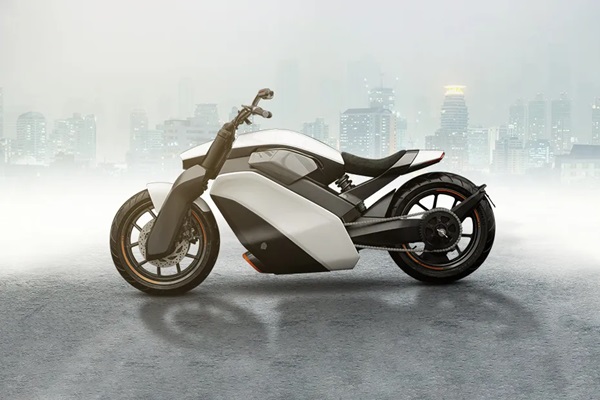
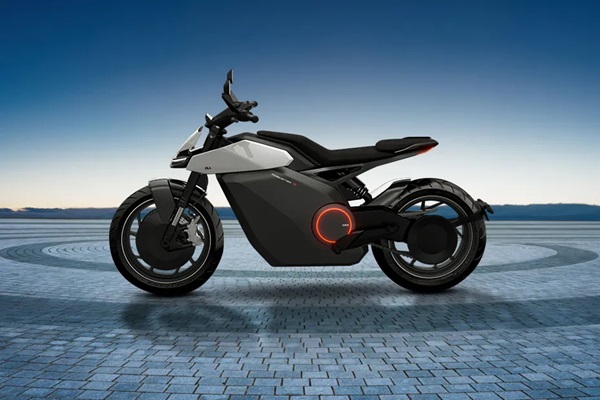
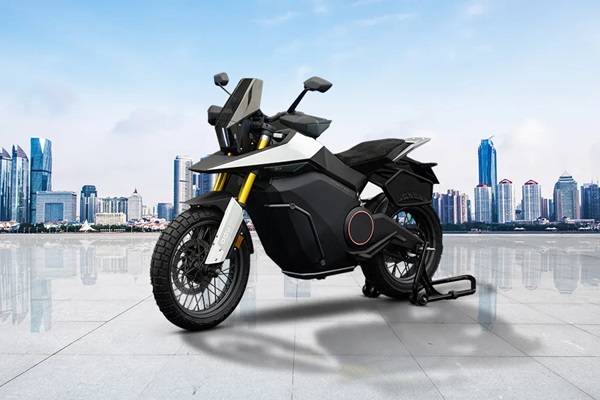
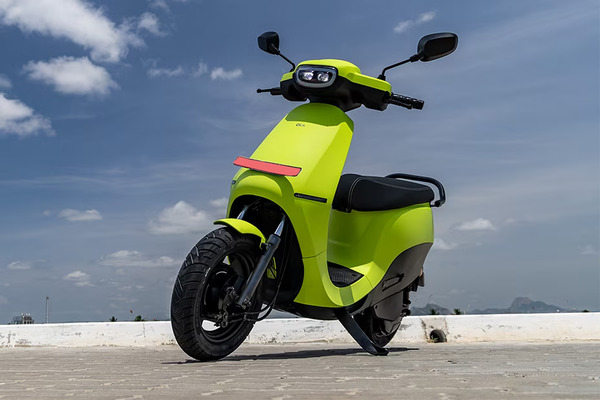
 3 kWh
3 kWh 101 km
101 km